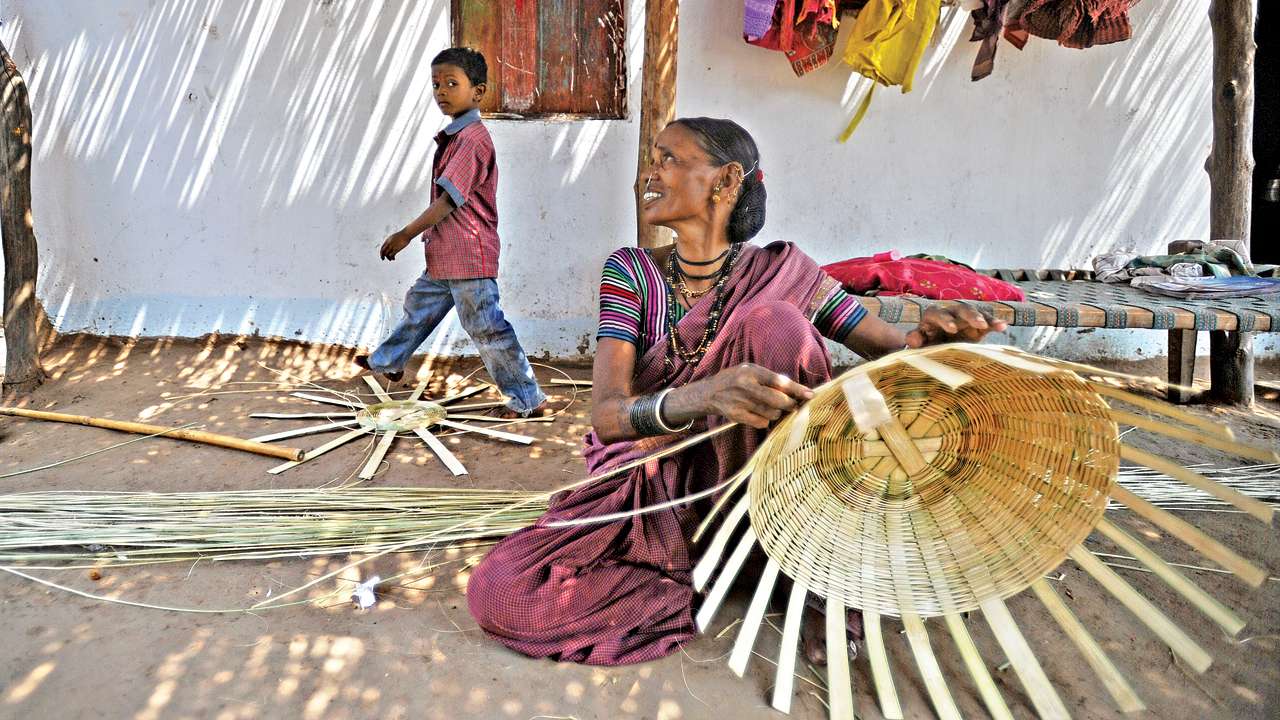
Women, who constitute 49 per cent of India’s population, are increasingly contributing to the economy and are crucial drivers of the growth and progress we witness today. However, we will not be able to sustain this progress unless their health, specifically sexual and reproductive health issues, are prioritised in the national agenda.
Many women still do not have access to essential sexual and reproductive health services and infrastructure. They face vulnerabilities due to several economic and social barriers – lack of financial resources, skewed cultural norms, lack of information and stigma – that prevent them from accessing timely and life-saving services. This lack of access affects their ability to have control over their reproductive and sexual decision-making. Latest data (2015-16) from my own state – Maharashtra – underscores the urgency for action. In 2015-16, almost 26 per cent women in the state were married before they had turned 18. The same year, around 65 per cent women of reproductive age were using family-planning methods. This means that many women still do not have access to services which let them decide the number of children they would like to have and by when.
Additionally, many women run the risk of unplanned pregnancies or end up opting for unsafe abortion methods by unqualified caregivers, outside medical facilities. This results in the deaths of many women and girls every year and leaves many more temporarily or permanently disabled. Apart from these threats to their own health and survival, they also fail to play a crucial role in the economic and social progress of the country.
This is not all. Between 2010 and 2015, at least for 9 per cent women in the state, their pregnancies ended in abortions, or miscarriages, or stillbirths. In 2015-16, 16 per cent women, who went through abortions, reported complications from the process. Even during their pregnancies, very few women – only 32 per cent received regular healthcare. In this same period, only 78 per cent women in Maharashtra got postnatal care from a doctor within two days of delivery. When such essential services are unavailable and inaccessible, it is not just us but also our children who suffer – of all the children born at home in 2015-16, only 6 per cent were taken to a health facility for check-ups within the first 24 hours of their birth.
It is disheartening to read these statistics and know women’s health and sexual and reproductive issues still tend to take a backseat, by the government in policymaking or implementing programmes, or by the society and the media in initiating a dialogue.
We need to urgently address and prioritise these issues. When we talk about realising sexual reproductive health and rights, we need to envision a world where every woman and young girl has access to modern contraception, safe and legal abortion methods, infertility services, and maternal healthcare. The reasons extend well beyond protecting their own health and reproductive rights. They are more likely to reach their full potential and they will have a better chance to follow their plans, which may include education, career, starting a family and fully participate in all aspects of their lives. We must ensure that women and young girls grow up accessing information, knowledge, and are aware about these services, so that as women, they have agency and don not get pregnant too young, too old, or too often.
I have led several initiatives focusing on sanitation and hygiene for women and young girls. Such efforts not only facilitate health and well-being but also help erase stigma and empower women with honour and pride. We need more such programmes and initiatives focusing on providing reproductive health services throughout a woman’s life, and especially during her pregnancy and childbirth. This will dramatically reduce maternal deaths and disabilities. This year, I plan to undertake an initiative in Palghar district in Maharashtra, to work closely with the tribal community to raise awareness on the issue of sexual and reproductive health and rights. The community is extremely progressive in certain social norms they follow; yet expectations to have a child soon after marriage are routine.
Having celebrated another International Women’s Day this year, let us now pledge that we as women, need to be agents of our own health and change. With more women leaders in our society, in work places, politics, and industries advocating for change, more women and young girls will be able to exercise agency over their health status.
I am committed to working together with key individuals and organisations around raising awareness about sexual and reproductive health rights. I am certain by all of us working together (experts, policymakers, the media and especially the women in our country,) and with concerted efforts, we will be able to bring about positive change.
We must remember that access to modern contraception, safe and legal abortion methods, and reproductive health is the bedrock of gender equality and progress for us, and when women progress, so do families, communities, and the country.
The author is a banker, social activist and singer